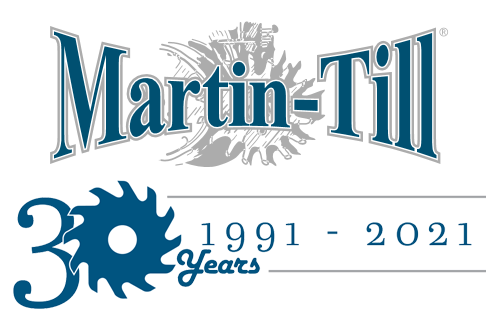Gabe Brown, a Bismarck, N.D., no-tiller and regenerative agriculture pioneer, and two colleagues from regenerative agricultural consulting company Understanding Ag completed 2 weeks of farm tours and soil health workshops throughout the United Kingdom and Ireland in mid-October.
“The quest for healthy soil, food and farms is our common ground,” Brown says. “I learned that although I live nearly 5,000 miles away, we have a lot in common. No matter where you grow, all soil is simply sand, silt, clay and biology.”
Brown, along with colleagues Shane New and Allen Williams, were invited by Regenerative Asset Management and Groundswell in the U.K. and Ireland’s National Organic Training Skillsets to observe and assess farm and grazing conditions and to conduct soil health workshops for their farming peers.
“Every venue was filled to capacity with audience members looking to find ways to lower their farming input costs,” Brown says. “Much like in the U.S., farmers are encountering record-high input costs and decreased margins and were very interested in how we have been able to help our clients lower their input costs.”
The trio traveled about 2,500 miles by road. They visited dairy, beef, sheep and crop farms, and conducted workshops on farms near Hexham and Herefordshire, England. They ended the visit by conducting a 3-day Soil Health Academy school in Carlow, Ireland.
“We were on a number of farms that were growing some cool-season winter cover crops where soil health was advancing,” Brown says. “However, soil aggregation on all farms was shallow, as was rooting depth in general. And throughout the visit, we only saw one pasture that we would not consider overgrazed.”
Brown said the pattern in both the U.K. and Ireland keeps forages in the vegetative state, which inevitably lends to shallow root systems.
Another similarity between North American growers' crops and their counterparts in the British Isles was what Brown refers to as the “food-like substances" being grown.
“For the most part, I was saddened to see that the quality of food there was as bad as much of that found in the U.S. — processed and laden with additives,” he says.
Brown and his colleagues also noted several striking dissimilarities in farming across the pond.
“Farmers there are under much more scrutiny from the government,” Brown says. “They have to keep exceptionally detailed records and must leave their farms open to inspection from the government at any time. Generally speaking, they farm in a wet-cool season environment but cannot count on a killing frost. In other words, they can grow plants year-round which makes cover crop termination a challenge."
The travelers were hearted by the enthusiasm level of the U.K. and Irish farmers, along with their receptivity to regenerative farming principles.
“Of course, we were met with the usual question ‘Will it work here?’ which is exactly what we hear wherever we go,” Brown says. “The answer to that question is, and will always be, ‘Yes, it will work here.’”
Related Content:
Gabe Brown Addresses the State of No-Till Soils
No-Tiller Gabe Brown Receives Prestigious $250K Heinz Award
‘Ag Done Right’ Pays Off for N.D. No-Tiller in More Ways than One
The No-Till Passport series is brought to you by Martin Industries.
Since 1991, Martin Industries has designed, manufactured and sold leading agriculture equipment across the U.S. and Canada. Known for Martin-Till planter attachments, the company has expanded to include a five-step planting system, closing wheel systems, twisted drag chains, fertilizer openers and more in their lineup. Their durable and reliable planter attachments are making it possible for more and more farmers to plant into higher levels of residue.








Post a comment
Report Abusive Comment